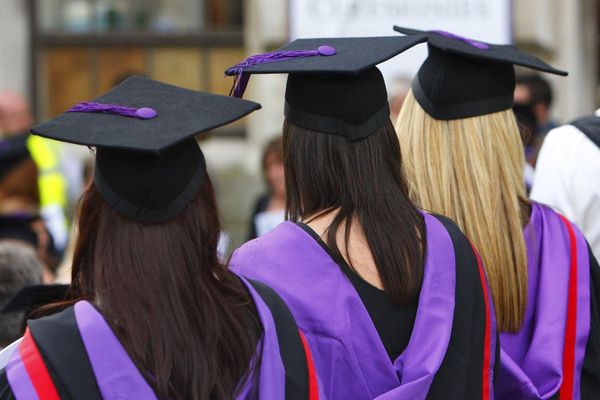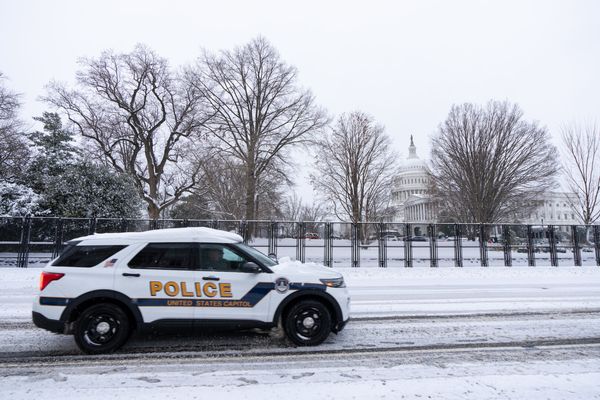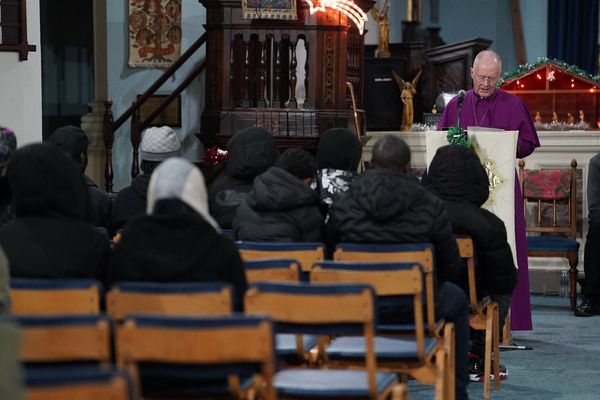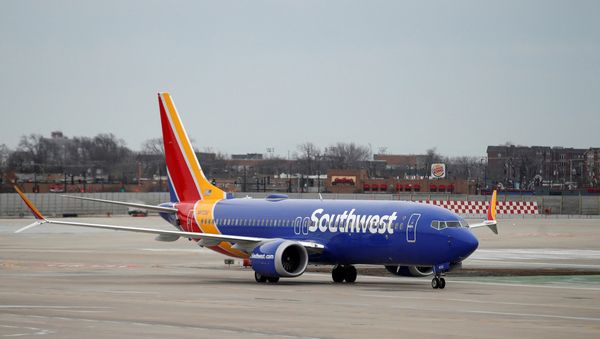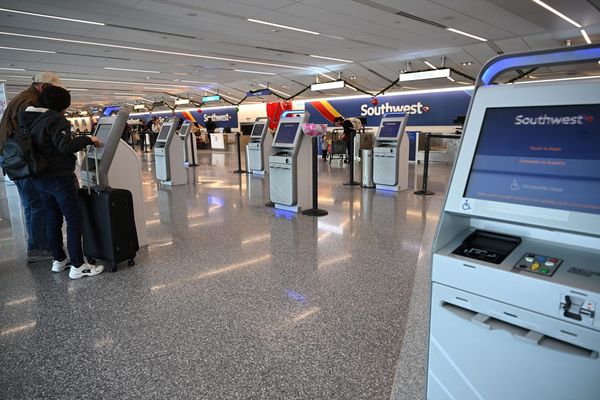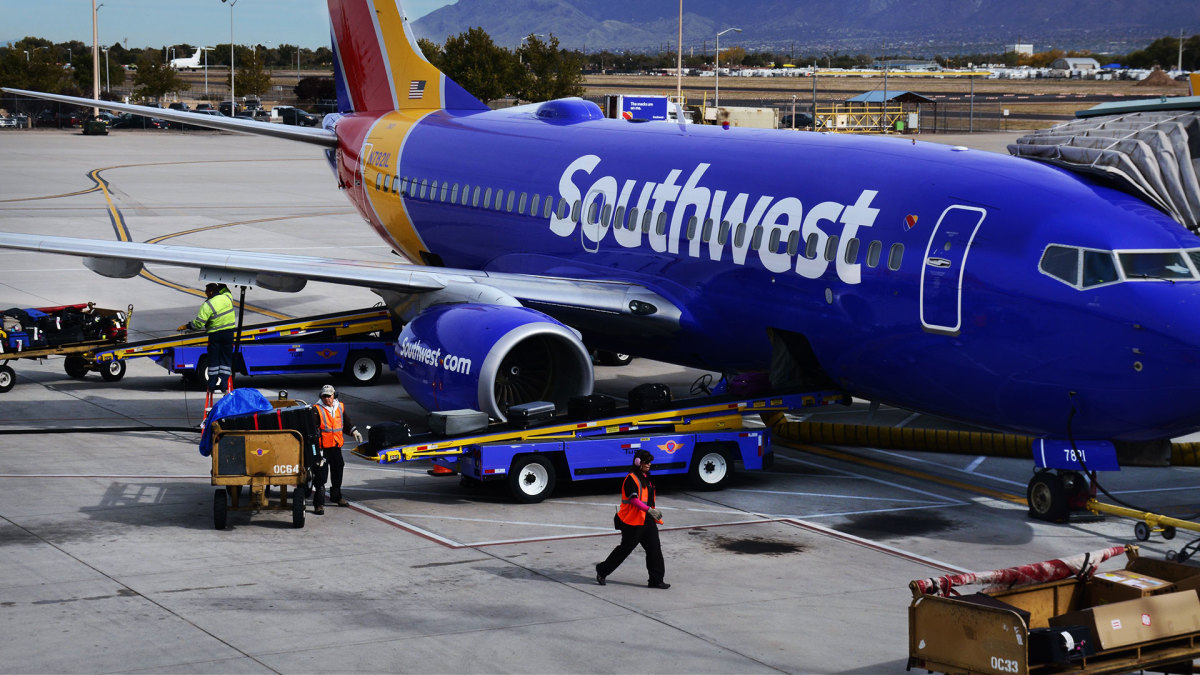
The skies are full of travelers either flying to their New Year's celebration destinations or returning from their holiday trips.
In the busiest travel week of the year, Southwest Airlines (LUV) -) has delayed a flight that has passengers wondering what is going on.
Related: United Airlines insists on one rule many passengers don't like
A Dec. 28 Southwest flight from Houston to Las Vegas was delayed by some logic that has one travel expert questioning the decision.
"On Thursday afternoon, Southwest Airlines delayed flight 19, the 1:35 p.m. departure from Houston Hobby airport to Las Vegas," wrote Gary Leff on View From the Wing. "They told passengers on board that 20 connecting passengers were inbound on other flights to Houston, and they wanted those passengers to make their connections. The airline originally announced a 20 to 25 minute hold. It became longer."
Leff said the reason for the delay was interesting to him.
"I can't quite make it out," he wrote. "My first thought was that it's the Thursday afternoon before New Year's so that's peak of peak to Las Vegas. And Southwest might not have other flights to accommodate these passengers."
But the travel expert checked other Southwest flights from Houston to Las Vegas and observed that there were many open seats available later in the the day.
"You might think that 'Houston is a hub, and very few passengers would be connecting beyond Las Vegas with Southwest' but that's not actually the case," Leff wrote. "Las Vegas isn't just a destination, but also a connecting station for the airline and several passengers on board had their own connections jeopardized by the decision."
"Furthermore, the aircraft had more flying to do and it would be causing downline flights with that aircraft (and with these same crew) to be delayed," he added. "That could cause misconnects for passengers later in the day, too."
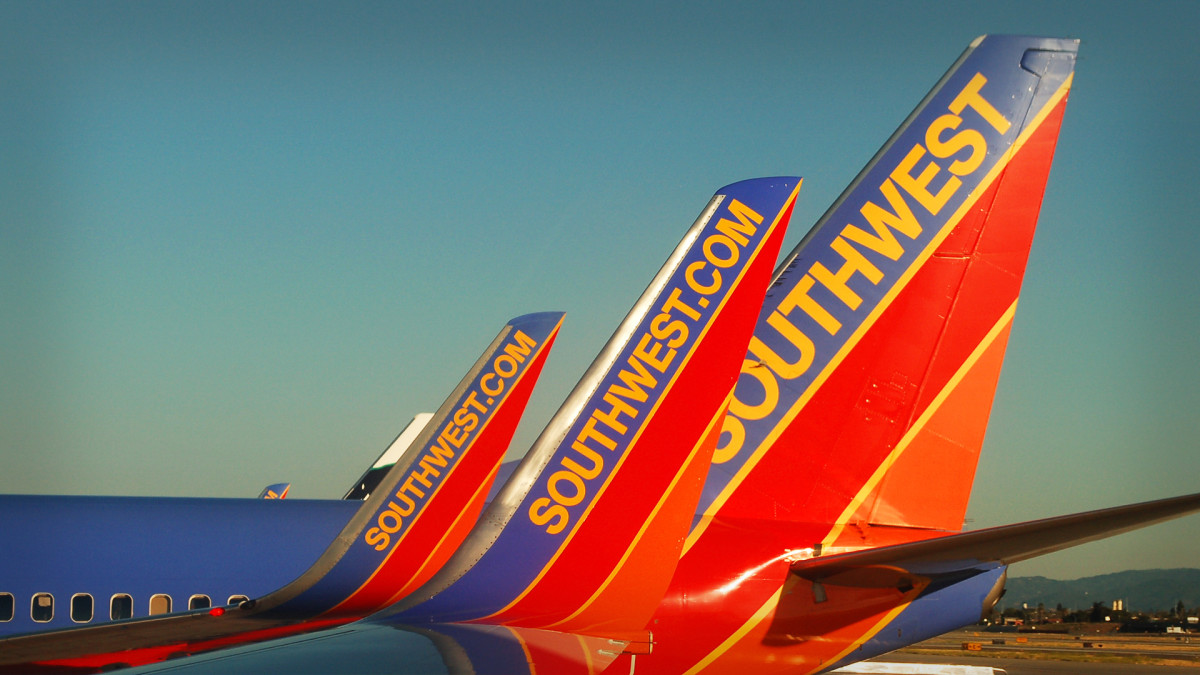
Shutterstock
Other airlines have different holding policies
Leff explained that major carriers hold planes for their own reasons.
"United Airlines (UAL) -) runs something called ConnectionSaver that is unique," he wrote. "They will delay flights for passengers to help them make connections. But they don't do it all the time. Their computers take several things into account."
He explained these policies further.
Many flights are projected to arrive early. They'll delay a flight where doing so just means the flight will arrive on-time rather than early.
Delaying the last flight of the day is more common, because the consequences of missed connections are greater (forced overnight) and because delaying the plane and other passengers has fewer consequences (they won't be connecting and the plane may just be overnighting). A long delay could require crew to start late the next day to get minimum rest, but a short delay won't have that effect.
Alternatively, American Airlines (AAL) -) handles these situations in its own way.
American Airlines, by contrast, only lets agents hold the door instead of closing it 10 minutes out when a customer is running up and in direct line of site, or when it's the last flight of the day they can wait until 5 minutes to departure. And agents don't have to do this. They prioritize moving the plane over getting those last passengers on board.
In fact American will remove passengers from flights before they even miss them, simply because they're projected to miss the flight, in order to give their seat to another passenger that wants to get on. They call this 'AURA' the AUtomated ReAccommodation Tool.
But Leff said the Southwest Airlines delay was not a decision he understood.
"Here, with this Southwest flight, the decision to delay the flight is still one that surprised me," Leff wrote.
Get exclusive access to portfolio managers and their proven investing strategies with Real Money Pro. Get started now.

